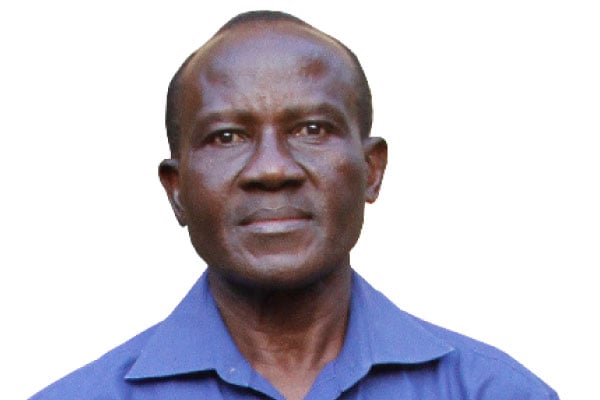Prime
NRM rule resembles feudalism

Author: Alan Tacca. PHOTO/FILE
What you need to know:
- Many of our people have unconsciously assimilated NRM feudalism.
They have done it before. Soldiers have in the past stormed Parliament and physically roughed up Opposition legislators who were trying to complicate President Museveni’s shot at re-election after the age of 75.
Also, armed goons who must have come from the dens of our security outfits have in the past stormed courts of law and seized persons that the courts had just freed.
It is hard to imagine these invasions happening if the President, who is also Commander-in-Chief, had not expressed or at least hinted at his desire to show who, ultimately, controls legislation and the execution of justice in this land.
Anybody would infer from these spectacles that the President can park his tanks anywhere and muscle his way to the heart of almost any Ugandan institution and prescribe one or two medicines to address the issue of gross inequality in the incomes of government employees.
Instead, the President is often found causing the (already over-paid) MP’s to be given government money beyond their official salaries and allowances, if he badly wants Parliament to fight for his line on any matter.
The President, his handlers and apologists call it ‘facilitation’. His critics call it bribery; or, more politely, patronage.
Come to think of it; contrary to what we have always been told, the guiding spirit of the NRM may in fact not be revolutionary, but feudal.
Over a thousand years ago, when Europe was still under feudalism, the system had lords who controlled and provided for the vassals under them.
The vassals did homage to their lords and served under them in war.
The humiliation of the vassal was that he had to constantly remember that even the small comforts of his basic existence depended on his servility and the (sometimes unpredictable) goodwill or benevolence of his lord.
You have to abolish common sense to avoid going mad over the system of emoluments under NRM rule.
A busy village (LC1) official earns Shs10,000 (under 3$) per month. So, is his work charity, or is he expected to get compensated in bribes?
In contrast, a presidential advisor who virtually never advises may earn Shs2m or Shs3m, plus a government car and perks.
He is free to do his private work and usually has investments. He can, therefore, be a small lord of sorts, with vassals in the form of an underpaid driver and underpaid security men who depend on his personal benevolence to get lunch.
ALSO READ: In stinging NRM, Muhoozi bit a feeding hand
Ministers, MP’s and judges are all lords with hordes of vassals and near-slaves.
And President Museveni of course is the lord of lords. He controls the meat.
For your meat or bread crumbs, you must accept humiliation.
The recent murder of a minister and suicide of his bodyguard have got many people debating the meanness or benevolence of our bigwigs towards their assigned underlings.
It shows how many of our people have unconsciously assimilated NRM feudalism.
For, I think, it is more important to ask whether it takes another revolution to show the injustice behind a high government soldier or civil servant earning 50, or 100, or 200 times as much as their lowly fellow citizens serving the same government, regardless of the differences in their qualifications and responsibilities.
Finally, is the despair of humiliated citizens (who include armed people) prevented from turning to violence by simply multiplying the number of underpaid soldiers, or by addressing the cause of the humiliation?
In 1986, President Museveni certainly knew the answer, and how overstaying in power made rulers forget it.
Alan Tacca is a novelist, socio-political commentator.
[email protected]



